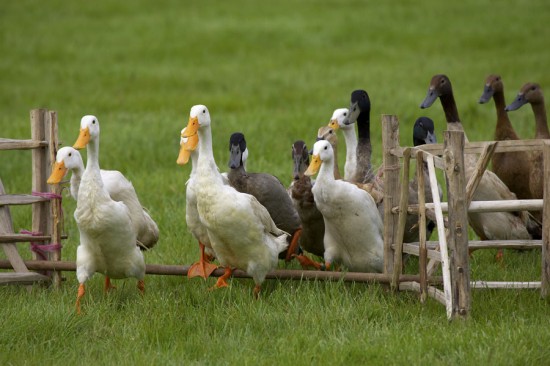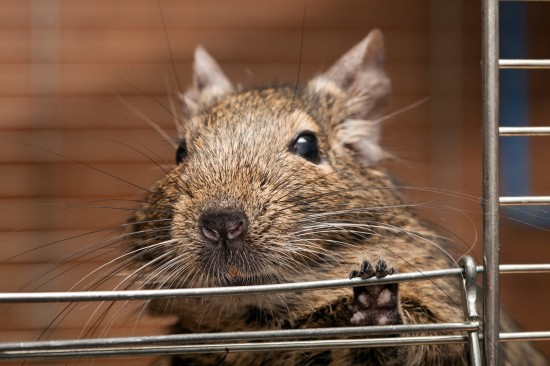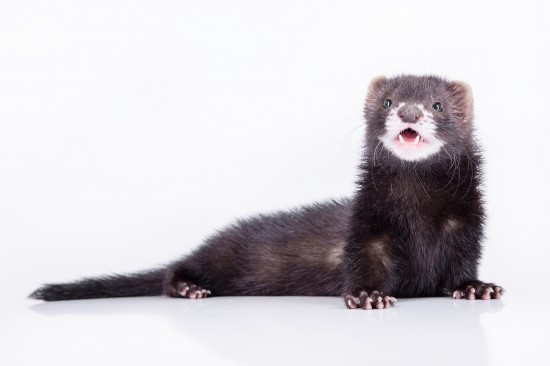

If you have a smallholding or even a fairly large garden, it may have crossed your mind that a couple of ducks would make the scene complete.
Happy, healthy ducks have many benefits- they lay delicious eggs, control bugs and insects, and are actually much easier to keep than other poultry such as chickens.
While ducks do not lay as prolifically as chickens, and do not lay at all in the winter months, duck eggs have a lovely rich flavour and are larger in size than the usual hens eggs.
Keeping ducks in the garden or on a smallholding means that you will need to consider birds that are flightless or have their wings clipped. Ducks can travel a fair distance on the wing, and if they decide to move on, that will probably be the last you'll see of them!
Runner, Campbell and Aylesbury ducks are all good breeds to consider for the beginner, as they are fairly straightforward to care for, and won't fly off. Call ducks are another possibility, but they can be noisy, and also would need their wings clipped to keep them contained. Ducks need a little more open space than chickens, but less overall maintenance.
Although the above breeds of duck do not need a large expanse of open water in order to be happy, they do need enough space to be able to dip their heads and clean their eyes, and paddle about. A small to medium sized child's paddling pool or a small pond is fine, and should be available to them at all times when they are out loose or in their enclosure during the day.
You will need a suitably sized duck house or coop, with a flat floor as ducks don't perch like chickens. In terms of space, two square feet per duck in the coop is the minimum standard for comfortable living. The duck house should be raised from the ground with a ramp for access, and have a suitably sized doorway for the ducks to get in and out. You should be able to secure the door at night while providing adequate ventilation, to keep your ducks safe from foxes and other predators.
In the winter, make sure that the ambient temperature of the coop is warm enough for your ducks at all times. Similarly in the summer, make sure that it is shady enough to provide some respite from the heat.
Do not use wire mesh on the flooring of the coop, ramp or wider enclosure, as this can hurt your duck's feet.
You will also need to provide a run or enclosure, so that your ducks can go out safely without fear of predators when you are not around. This can be made of a simple plywood frame covered in chicken wire, which you can move around to prevent one particular area becoming worn from overuse. As mentioned, do not use wire mesh on the floor of the enclosure.
Ducks like to eat slugs and insects, so can be good at keeping garden pests under control- although they will sometimes nibble at plants! A balanced diet for ducks consists of wheat and maize, as well as soy bean oil and meal. A pre prepared compound duck food such as layer's pellets is the easiest way to provide a complete food to keep your duck in top condition. You may have enjoyed feeding bread to wild ducks when you were a child, but bread and scraps are not suitable for ducks as their staple diet!
Ducks are sociable creatures, and you should not keep one duck alone. Too many males with not enough females will fight with each other, sometimes to the death. If you don't want to have to spend time refereeing drake dust ups, keep a minimum of 4- 6 females for every male duck.
Collect the eggs your ducks lay on a regular basis, to prevent damage to the eggs and also to prevent the female ducks from getting broody.
Always provide clean fresh drinking water (as well as your ducks swimming pond) to ensure that they have access to water that is free of toxins and germs. Ducks do not chew their food, they wash it down with water, and so make sure there is access to drinking water near to the food station also.
Make sure that your ducks always have access to their coop, so that they can rest, preen and keep warm.
Domestic duck breeds are interesting, inquisitive creatures, and generally tame easily, approaching their owners for food and sometimes following them about to see what they are doing!
Ducks can live up to 15 years, so make sure you are prepared to care for your brood throughout the duration of their lives.
Finally, always take care when introducing ducks into the garden if you already have other pets such as dogs or cats. Make sure that neither will worry your ducks, or in some cases, vice versa! Introduce them to each other slowly, and make use of the duck's enclosure to keep the animals apart until you are sure that they can all be trusted to play nicely.
 Understanding Your Degus Behaviour
Understanding You
Understanding Your Degus Behaviour
Understanding You
 Importance of Giving Your Dog the Best Food and Caring
Importance of Giving Your Dog the Best Food and Caring
Importance of Giving Your Dog the Best Food and Caring
Importance of Giving Your Dog the Best Food and Caring
 The Six Main Causes Of Gastrointestinal Disease In Ferrets
The Six Main Caus
The Six Main Causes Of Gastrointestinal Disease In Ferrets
The Six Main Caus
 How Helpful Can Toys Be In Treating Your Pet's Aggression?
How Helpful Can Toys Be In Treating Your Pet's Aggres
How Helpful Can Toys Be In Treating Your Pet's Aggression?
How Helpful Can Toys Be In Treating Your Pet's Aggres
 Dealing With A Road Traffic Accident Involving A Dog
Dealing With A Ro
Dealing With A Road Traffic Accident Involving A Dog
Dealing With A Ro
Copyright © 2005-2016 Pet Information All Rights Reserved
Contact us: www162date@outlook.com